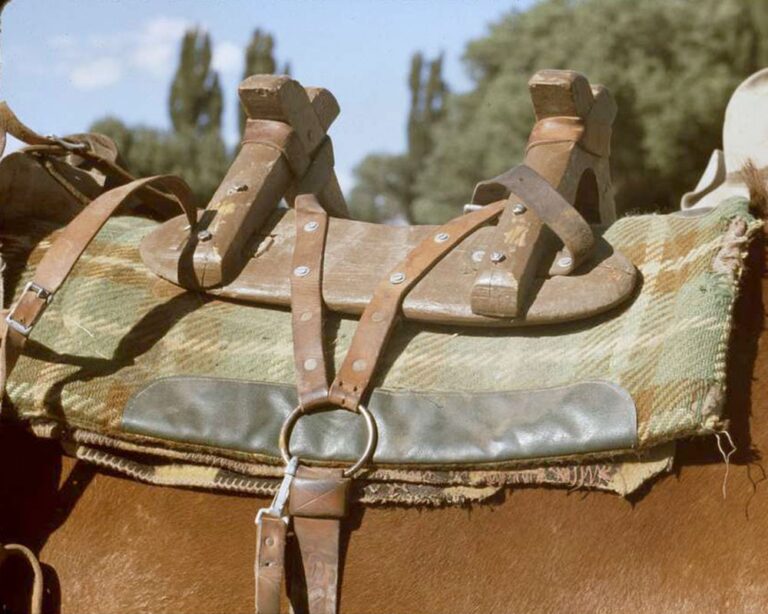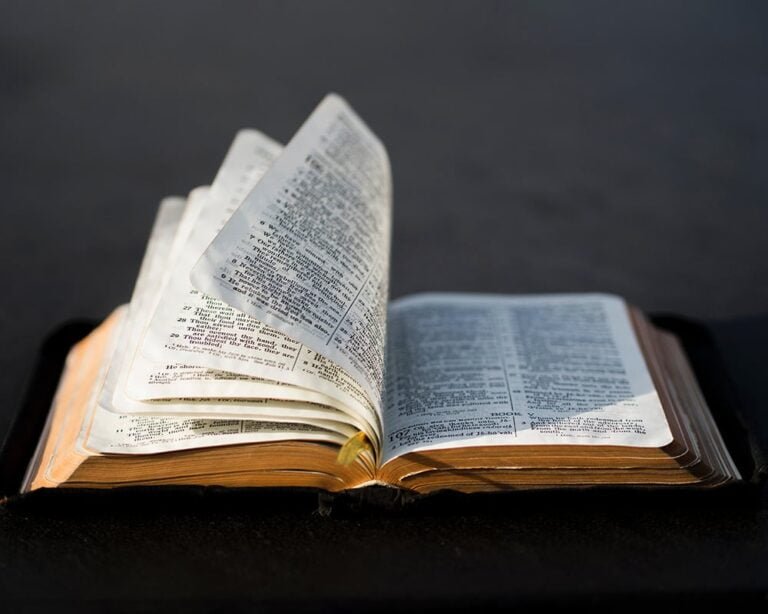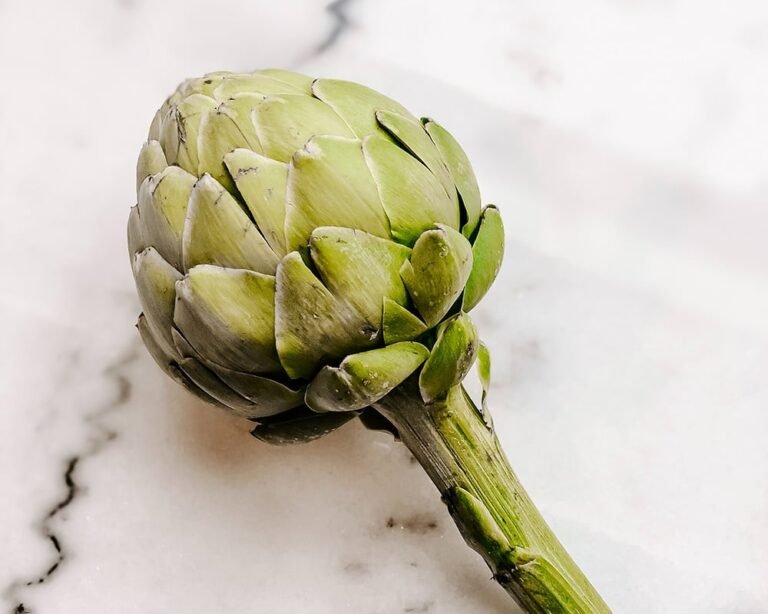savoir où le bât blesse
The French idiom “savoir où le bât blesse” means literally “to know where the pack-saddle pinches.” What it really means is “to know someone’s secret problems” or “to know someone’s hidden pain.” A pack saddle is a device, usually made from wood, placed on the back of an animal, to enable it to transport goods….









